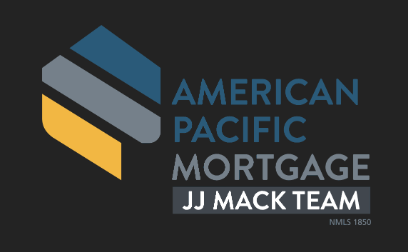Securing a mortgage is a significant milestone in the journey to homeownership. However, before lenders approve your mortgage application, they meticulously assess various aspects of your financial health to determine your eligibility. Understanding what lenders look for and how to prepare your finances accordingly can significantly increase your chances of mortgage approval. In this guide, we’ll explore the key factors that lenders consider when evaluating mortgage applications and provide actionable tips to help you refine your financials for a successful mortgage approval.
1. Credit Score:
Your credit score plays a pivotal role in the mortgage approval process. Lenders use your credit score to gauge your creditworthiness and assess the risk of lending to you. Generally, the higher your credit score, the more favorable terms you’ll receive on your mortgage. To boost your credit score:
– Check your credit report for errors and dispute any inaccuracies.
– Pay bills on time and reduce outstanding debt to improve your credit utilization ratio.
– Avoid opening new credit accounts or taking on additional debt before applying for a mortgage.
2. Income and Employment History:
Lenders scrutinize your income and employment history to ensure that you have a stable source of income to repay the mortgage. They typically look for steady employment and sufficient income to cover your mortgage payments and other debts. To strengthen your income and employment profile:
– Maintain steady employment with the same employer or within the same industry.
– Provide documentation of your income, including pay stubs, W-2 forms, and tax returns.
– Minimize gaps in employment and explain any employment changes or interruptions to lenders.
3. Debt-to-Income Ratio (DTI):
Your debt-to-income ratio (DTI) is a measure of your monthly debt payments relative to your gross monthly income. Lenders use DTI to assess your ability to manage additional debt and determine the maximum mortgage amount you qualify for. To improve your DTI ratio:
– Pay down existing debts, such as credit card balances and personal loans.
– Avoid taking on new debt, such as auto loans or personal loans, before applying for a mortgage.
– Increase your income or reduce your monthly expenses to lower your DTI ratio.
4. Down Payment:
The size of your down payment is another crucial factor that lenders consider when evaluating your mortgage application. A larger down payment reduces the lender’s risk and may result in better loan terms, such as a lower interest rate or reduced private mortgage insurance (PMI) premiums. To save for a down payment:
– Establish a dedicated savings account for your down payment and contribute regularly.
– Explore down payment assistance programs or grants available to first-time homebuyers.
– Consider alternative sources of funds, such as gifts from family members or proceeds from the sale of assets.
Preparing your finances for mortgage approval requires careful planning and diligence. By understanding what lenders look for and taking proactive steps to strengthen your financial profile, you can improve your chances of securing a mortgage with favorable terms. Whether you’re a first-time homebuyer or a seasoned homeowner, refining your financials for mortgage approval is a critical step towards achieving your homeownership goals.
Interested in applying for a mortgage? Contact the JJ Mack Team today!






